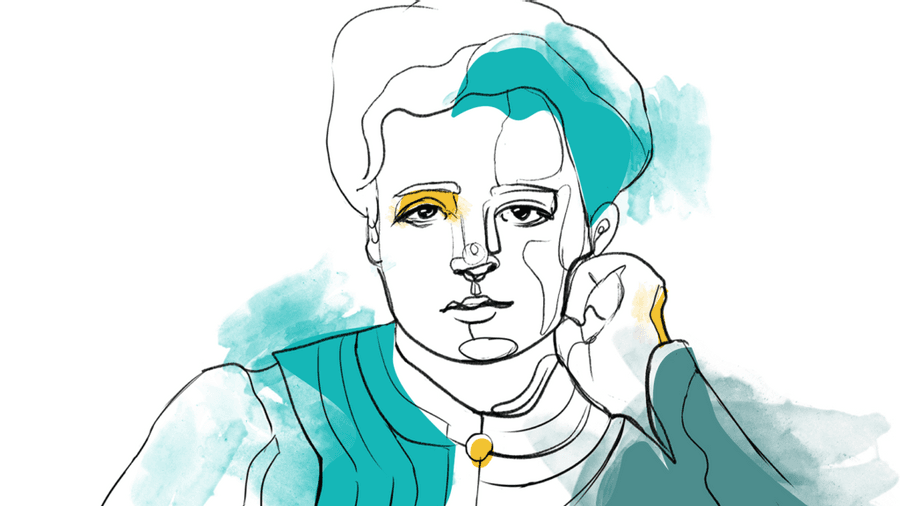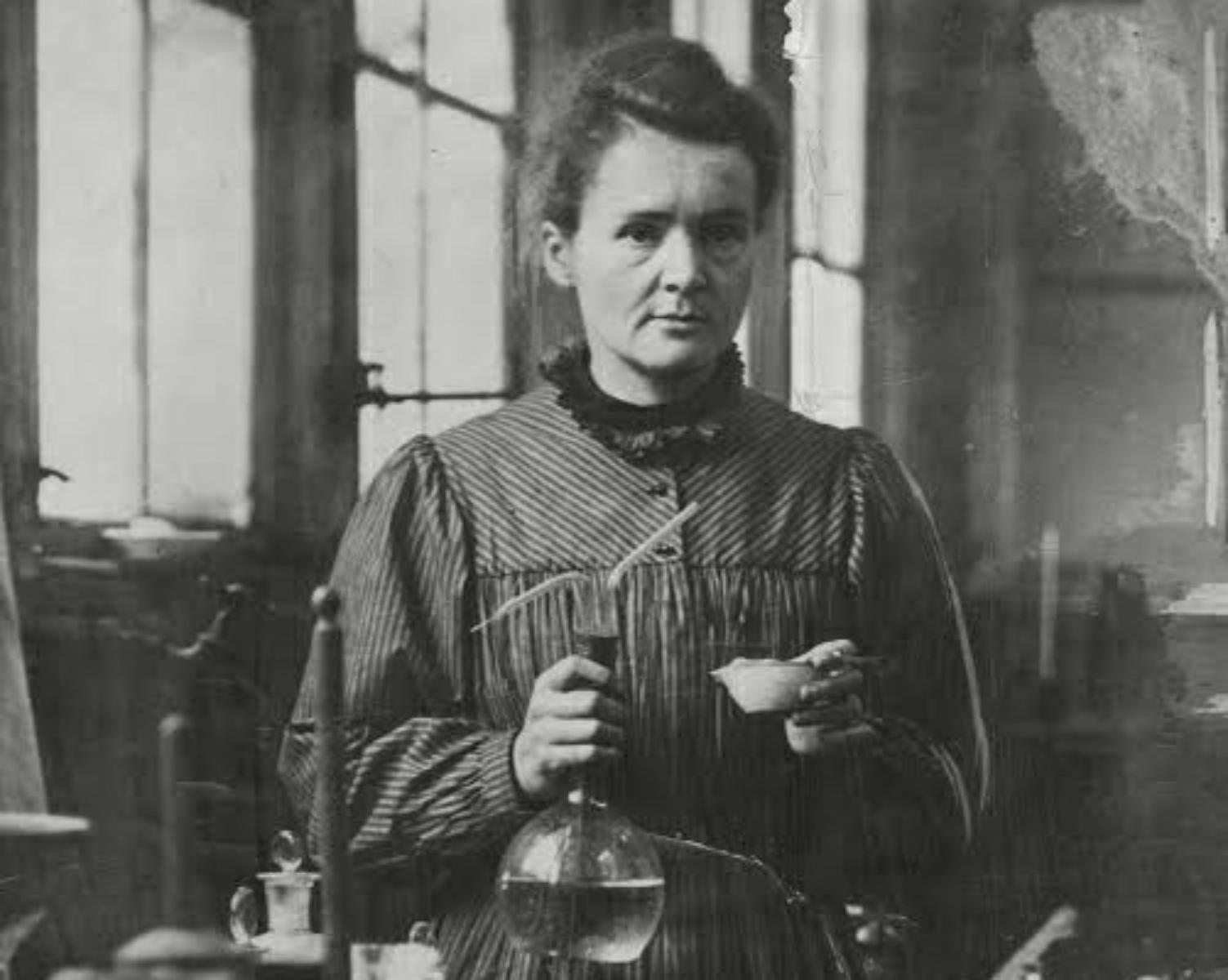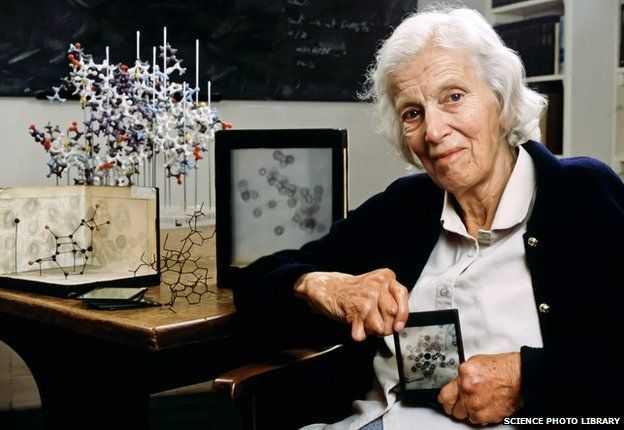Learning from Marie Curie
Marie Curie profoundly impacted the world.
Born in 1867 in Warsaw, Poland, she was a child prodigy in literature and mathematics. She worked as a governess until age 24 to save money for school and became the first woman in France to earn her PhD.
She studied uranium, which was not well understood at the time. She discovered two new elements, radium and polonium, created cancer treatments and advanced x-ray technology, won a Nobel Prize in 1903, and won a second Nobel Prize in 1911.
23
277 reads
CURATED FROM
IDEAS CURATED BY
The idea is part of this collection:
Learn more about scienceandnature with this collection
How to choose the right music for different tasks
The benefits of listening to music while working
How music affects productivity
Related collections
Similar ideas to Learning from Marie Curie
1. Marie Curie is the only person to have won Nobel Prizes in two different scientific disciplines.
First, Marie Skłodowska Curie won in 1903 for her studies of radioactivity. She shared the prize with her husband, Pierre Curie, and with the other discoverer of radioactivity, Henri Bequerel.
Originally, the Nobel committee had only selected Pierre Curie — but he refused t...
Dorothy Hodgkin - Chemist (1910 - 1994)
She is the only British woman to have won the Nobel Prize in Chemistry, after having discovered the structures of penicillin, insulin and vitamin B12.
More than that, she found herself as one of the chemistry lecturers of previous Prime Minister Margaret Thatcher at Somerville College and ...
Read & Learn
20x Faster
without
deepstash
with
deepstash
with
deepstash
Personalized microlearning
—
100+ Learning Journeys
—
Access to 200,000+ ideas
—
Access to the mobile app
—
Unlimited idea saving
—
—
Unlimited history
—
—
Unlimited listening to ideas
—
—
Downloading & offline access
—
—
Supercharge your mind with one idea per day
Enter your email and spend 1 minute every day to learn something new.
I agree to receive email updates


